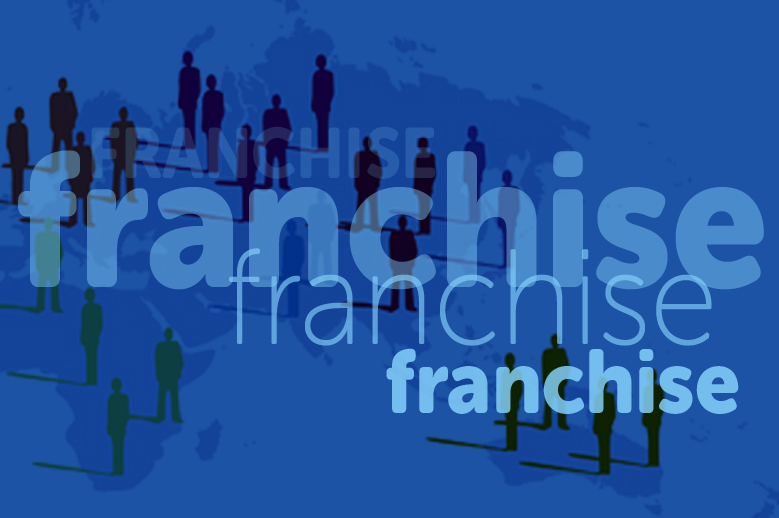7-Eleven and the franchising sector have been in the headlines lately, but for all the wrong reasons.
Allegations of wage theft have surfaced, and further claims that a “half-pay scam” had the complicit involvement of senior management. The claims include fiddling with time sheets, “ghost” workers, nil penalty payments and alleged rates of as little as $10 an hour.
The Fair Work Ombudsman is investigating several cases involving the 7-Eleven franchise chain. Its head office has issued a statement of course, but the outcome for its future is still working through the appropriate channels.
In light of these headlines, it begs the question as to whether franchising remains worthwhile for budding franchisees.
Look before you leap
The reasons people go into a franchise vary of course, but it seems one big motivator is that, unlike other start-up businesses, they are starting out with an already established brand and sales systems in place. And although theoretically this may seem to guarantee success, the fact is that this is not always the case.
In fact a study conducted earlier this year by Griffith University and the University of NSW on the effectiveness of due diligence when starting a business, and the differences between buying into an independent small business or a franchise, found that overall due diligence undertaken prior to entering into a franchise agreement “was relatively unsophisticated with few exceptions of rigor and planning”.
The study’s authors also concluded that “where prospective … franchisees were entering business for the first time their appreciation of business was naïve. A steep learning curve followed during which they often recognised flaws in their initial research.”
With the latest 7-Eleven debacle, even former ACCC chairman Allan Fels has weighed in with his dim view of the franchising business model. Fels told the ABC: “My impression, my strong impression, is that the only way a franchisee can make a go of it in most cases is by underpaying workers, by illegal behaviour.”
Don’t forget tax and super obligations
Most of the current 7-Eleven allegations centre on breached employer obligations to employees and their entitlements, and as so are not limited to the franchising model.
Nonetheless, it is important the all businesses ensure that they meet their employer obligations for federal and state taxes. This includes obligations such as PAYG withholding on employee salary and wages, superannuation guarantee, fringe benefits tax and state payroll taxes.
The Tax Office has published a handy employer obligations checklist that can help every business owner meet all the tax and superannuation obligations required when a new worker starts, while they are employed, and when they leave.
Still keen?
For those still keen on being their own boss through the franchising route – there is plenty of free guidance out there.
The ACCC has published a guide for potential franchise business operators you can download for free (The Franchisee Manual). The not-for-profit trade organisation Franchise Council of Australia also has various resources available.
From a tax view point, the Tax Office says that starting and running a franchise business is much like any other small business, but there are some additional considerations to make with transactions between franchisors (the person who grants the right to produce or distribute a product or service) and the franchisee (the person receiving that right). It has also provided guidance on tax obligations for the franchising business model






